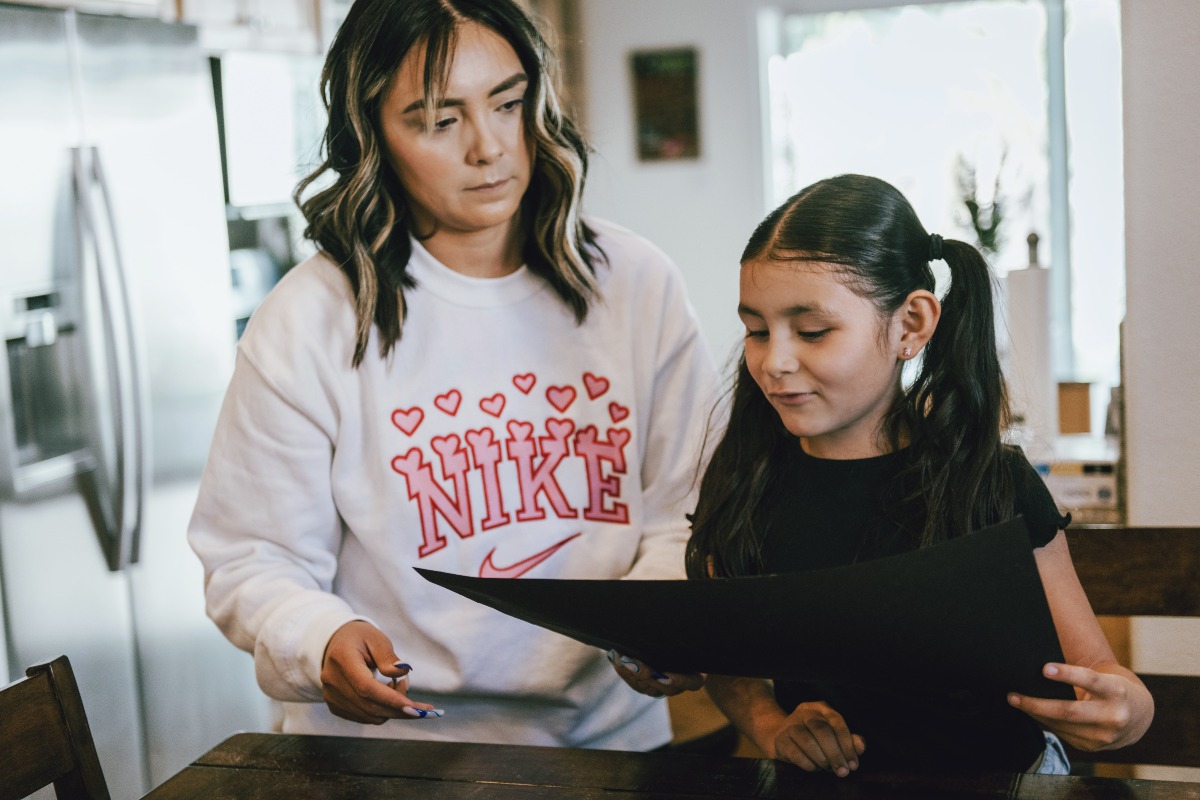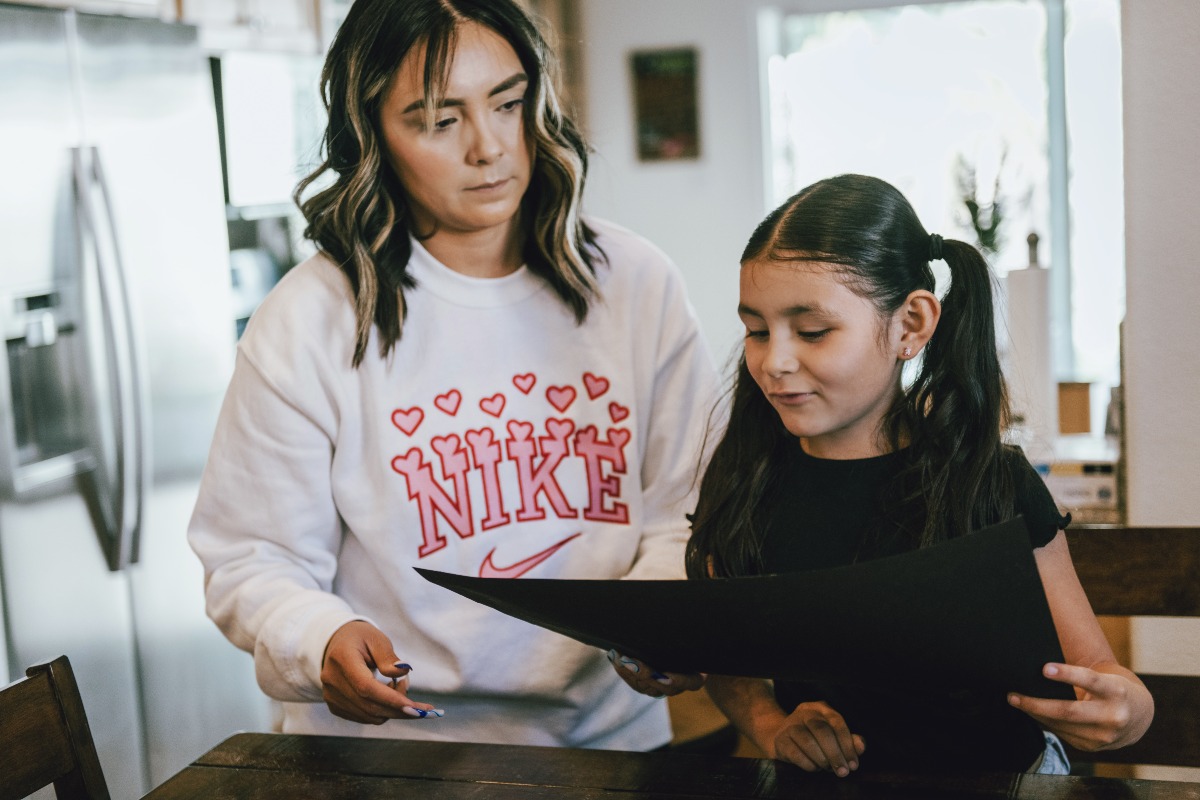
As a parent of an adolescent, you are in a position to help them develop communication skills that will impact the rest of their lives. This is particularly important if you have a teen who is returning home from treatment. Many skills can help them to prevent relapse; one of these skills is communication. With improved communication skills, they are more likely to build community. Communication skills include conflict resolution and setting boundaries. As your teen learns the necessary skills, they are more likely to have meaningful friendships that support their mental and physical health, both now and as an adult.
Helping Your Adolescent Build Community at Home
Your teen has many other social connections. However, home can be a foundational place for support. Home is not only where your teen lives, but also the place where they have the oldest connections. As such, it is the ideal place for your teen to learn and practice new social skills to use in other relationships.
It is specifically helpful if your teen is or has struggled with substance abuse or mental health disorders. This is because many teens who struggle experience feeling defeated. However, you can help them to feel more empowered by learning the skills to build community. Helping your teen build self-awareness, create and communicate boundaries, and resolve conflict are all important skills they can learn with you at home.
Self-Awareness
An important part of building relationships and community is self-awareness. Helping your teen improve their self-awareness gives them the power to truly make changes in relationships. When they can identify their needs and expectations, they can communicate them clearly to others. Additionally, self-awareness will help your teen to see their role in different situations, which helps them notice when they need to adjust their behavior due to how it affects others.
Helping your teen improve self-awareness can feel daunting. However, there are several simple ways in which you can integrate self-awareness into conversation with them. It can be as simple as asking them how they feel about a person or situation and then quietly listening. For some, journaling can also be a way to reflect. Regardless of the specific technique, the goal is to help your teen to look inside and reflect honestly.
Setting Boundaries
Setting boundaries is very difficult for many adolescents. However, it is a skill that is very important for them to learn. By setting effective boundaries, your teen can protect themselves and stay true to their needs. Setting boundaries involves becoming aware of necessary boundaries and then communicating them.
You can help your teen learn to set boundaries by first helping them to identify their feelings. When you honor their feelings, they are more likely to accept them. The next step is communicating these feelings. One technique is to provide your teen with a few options for how to communicate different boundaries. Then, they can practice with you on how to be clear and state their boundaries in a way they feel good about.
Conflict Resolution
In communities, conflicts will always be present. However, in a healthy community, conflicts are worked through and resolved when possible. The way your teen manages conflict is important for their ability to connect with a community. However, learning to manage conflict without aggression also decreases their risk for substance abuse.
As a parent of an adolescent, you likely experience some conflict at home. These are opportunities to teach your teen how to deal with conflict in a healthier way. The goal is to help your teen to identify how they are feeling and then communicate their perspective and emotions without aggression. However, at first, this might include taking time away from the conflict to calm down or writing their feelings out.
Value of Your Adolescent Learning to Build Community
Learning the necessary skills to build community is important for all adolescents, and community is valuable for people at any age. However, building a community is even more important if your teen is returning home from treatment or struggling with mental health or addiction.
Research shows that when adolescents have a community, they are at a lower risk for mental health disorders and have increased self-esteem into adulthood. Therefore, having a community will help your teen to feel better in the short term and long term.
If your teen has recently returned from treatment, they are on the path to healing. However, jumping straight back into their old community is not a great idea. They need to build a new community where the changes they have made will be supported. This often means making new friendships. For your teen, new friendships can be stressful. Older friendships rely on history, are comfortable, and are routine. However, new friendships and community mean getting to know new people. While difficult, it is well worth it to prevent relapse.
At home, teens learn the basics of functioning in a community. They learn how to build their community, make healthy boundaries, and solve conflict when it arises. As a parent, you can help your teen build and maintain a community by building these skills at home with your family. As they learn these skills, they will be more prepared to join and participate in a community outside of the home. At Sustain Recovery, we believe that treatment is the first step. However, you play an important role in your teen continuing to heal when they get home. Our programs help teens to build the foundation of social skills. To learn more, call (949) 407-9052 today.






